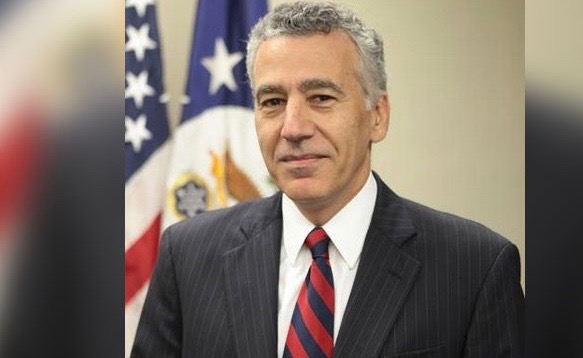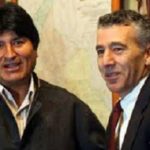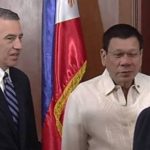
U.S. diplomat expelled from Bolivia gets Cuba post
An American diplomat who was expelled from Bolivia for reportedly meddling in the host country’s domestic politics will leave Washington for Havana and become the United States’ new chargé d’affairs “within days,” the Russian news agency TASS reported Wednesday (Feb. 7).
TASS credited the news agency Reuters for the exclusive.
The Boston-born Philip Seth Goldberg, 61, will replace the acting chargé, Lawrence J. Gumbiner, who occupied the post in summer of 2015. Cuba has not hosted a U.S. ambassador since 1961, after Fidel Castro ousted President Fulgencio Batista.
Goldberg’s diplomatic c.v. indicates that he served as ambassador to Chile (2001-2002), chief of mission in Prishtina, Kosovo (2005-2006), ambassador to Bolivia (2006-2008), and ambassador to the Philippines (2013-2016).
He was expelled from Bolivia, on charges that he was supporting opposition political parties and participating in “regime change” conspiracies, actions that he denied.
He left the Philippines almost as a “persona non grata” after crossing verbal swords publicly with President Rodrigo Duterte over Duterte’s harsh treatment of untried criminals.
An unidentified U.S. official told Reuters that Goldberg’s appointment was “a sign both nations want to keep open lines of communication despite a sharp deterioration in relations since President Donald Trump took office.”
Goldberg is expected to remain in Havana for six months, although the length of his stay is “not certain,” the official added.
In January 2017, TASS reminds us, U.S.-Cuba relations deteriorated after the inauguration of President Donald Trump, successor to Barack Obama. In June 2018, Trump announced the cancellation of some of his predecessor’s decisions concerning the normalization of relations with Havana.
Specifically, the Trump administration tightened the rules of travel to the island nation for U.S. citizens and imposed a ban on doing business with organizations controlled by the Cuban military.
In late September 2017, the U.S. recalled 60 percent of its embassy staff in Havana, and demanded that Cuba reduce its diplomatic mission in Washington by 17 people. This decision was a response to “acoustic attacks” that, according to the State Department, affected at least 24 U.S. civil servants in Cuba. Diplomats complained of nausea, dizziness and loss of hearing.
Despite extensive research by U.S. and Cuban physicians and electronic technicians, no proof was found that Cuba had penetrated and sabotaged the U.S. Embassy building.



